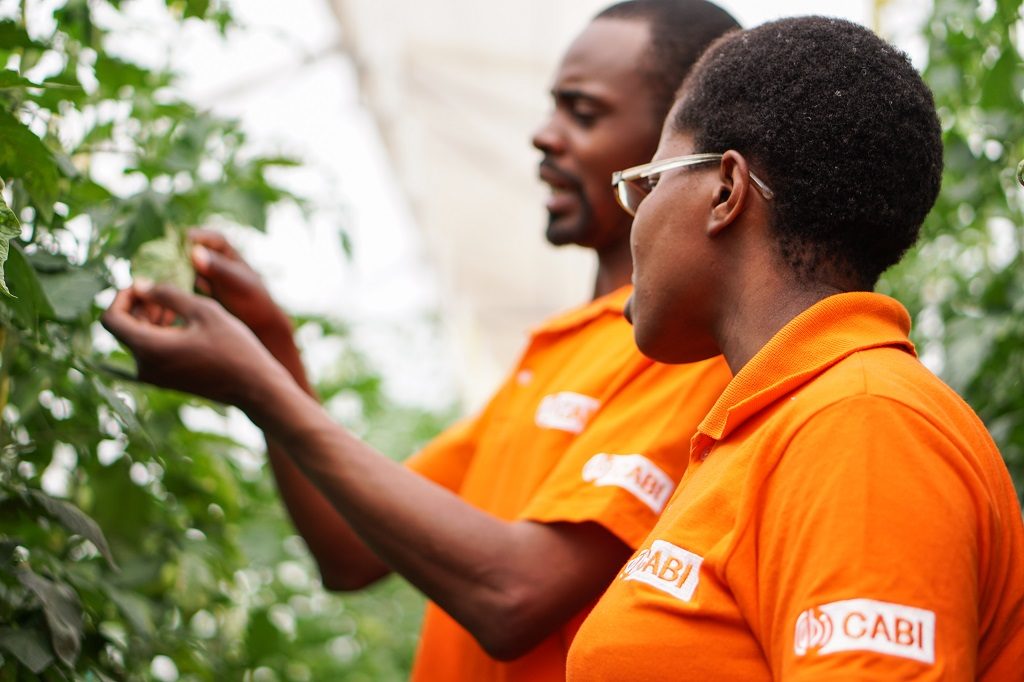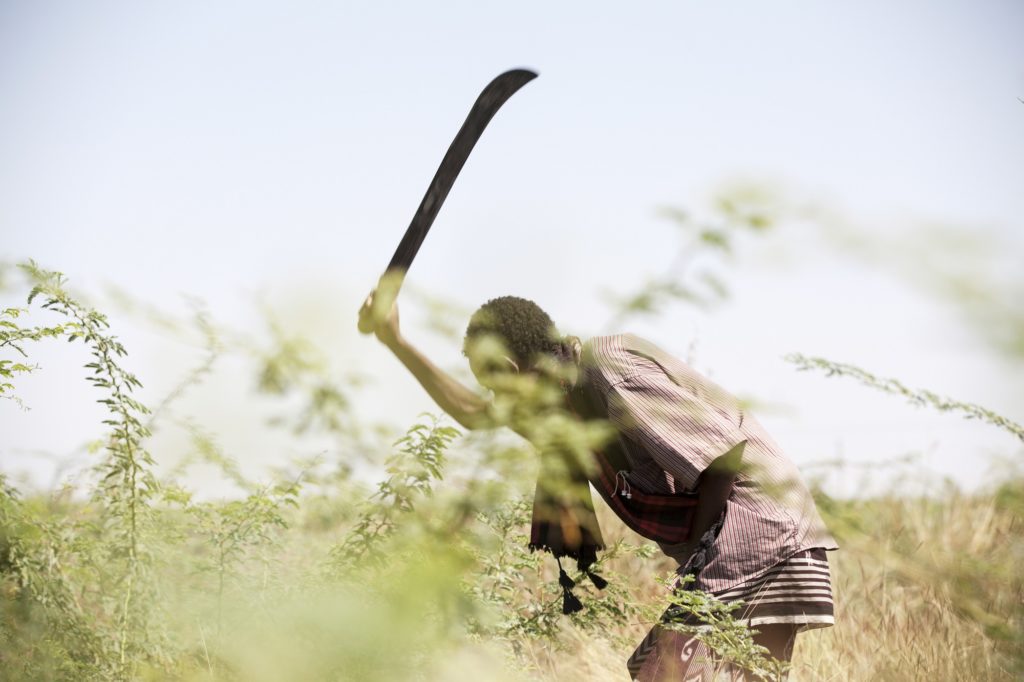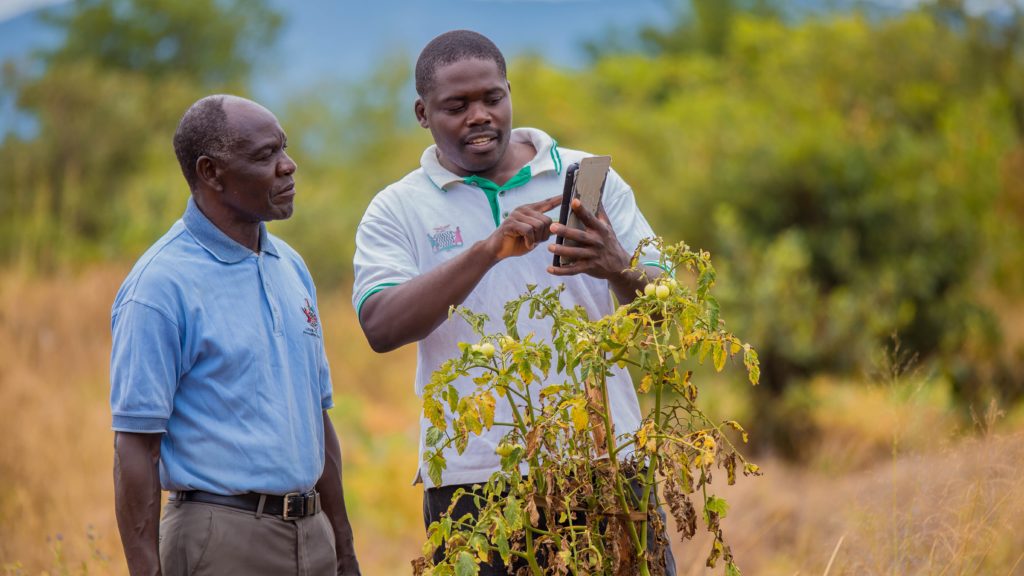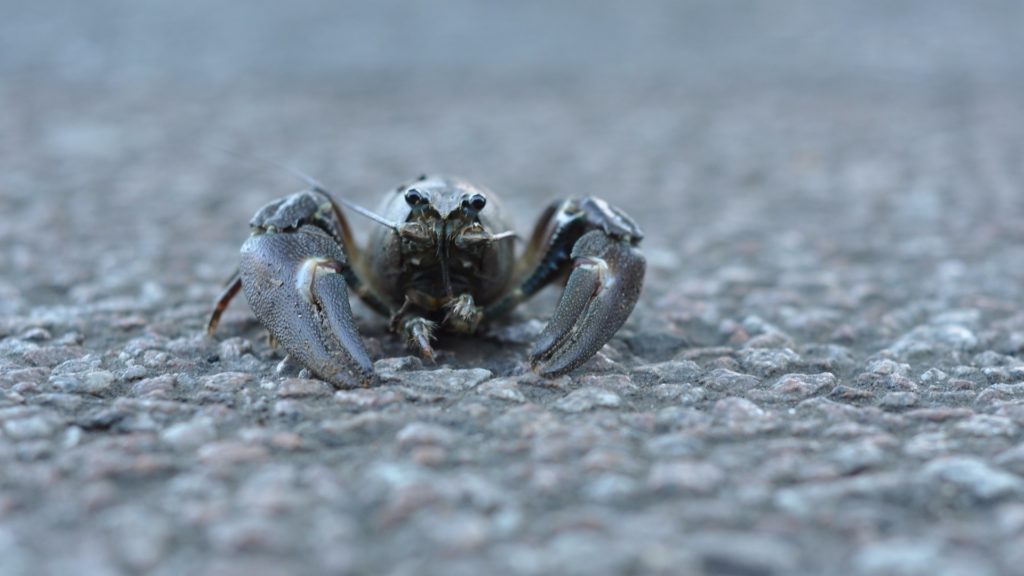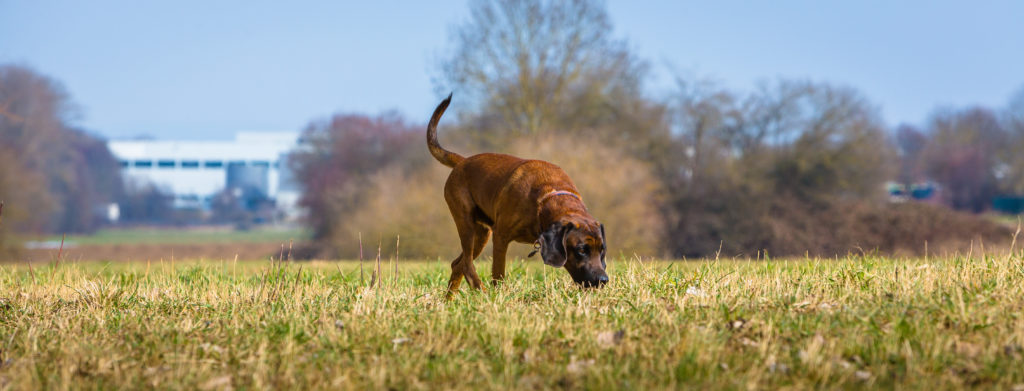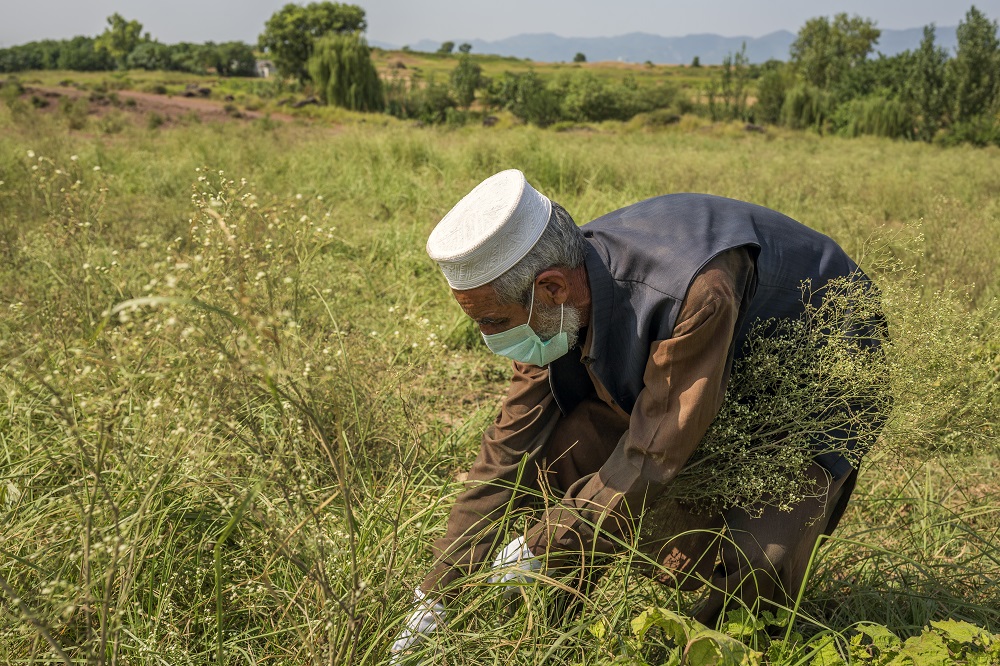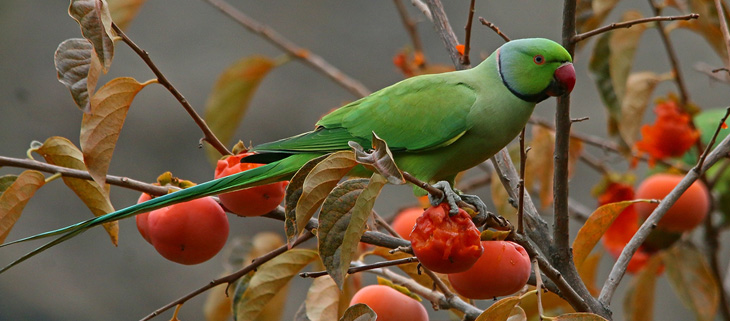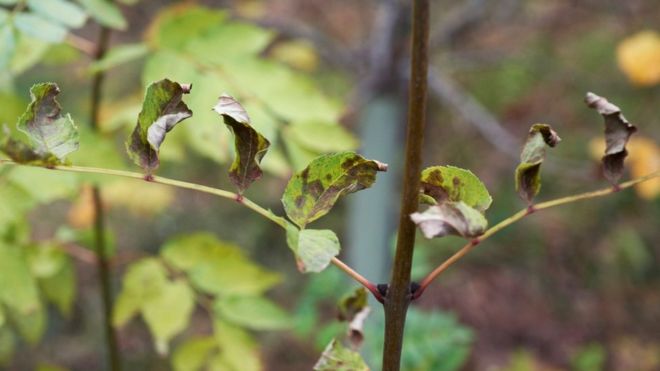New study: current resource use in areas of increasing prosopis cover is unsustainable
By Dr Urs Schaffner, Head Ecosystems Management In a newly-published paper in the journal Ecosystems Services: ‘The impact of invasive species on social-ecological systems: Relating supply and use of selected provisioning ecosystem services’, CABI scientists joined an international team of researchers who, in respect of the invasive weed prosopis, conducted the first study that integrates…
Invasives Most Read 2019
As 2019 draws to a close, we have crunched the numbers and pulled together the year’s most read articles. Plus some firm favourites. Fall armyworm continues to be a popular topic for our readers and this year, blogs on biocontrol efforts to control the invasive caterpillar make the top 20. CABI’s Pest Risk Analysis tool…
Invading Europe’s waterways: the crayfish occupation
Crayfish are freshwater crustaceans that can be found in a range of freshwater habitats, from fast-flowing rivers to swamps and ditches. Even in places where they are abundant, they are secretive and not commonly seen, so the ongoing widespread invasion by non-native crayfish species is unknown to many.
CABI shares expertise on highly noxious and invasive parthenium weed at international conference on climate smart agriculture
By Dr Kazam Ali, Biocontrol Research Officer – CABI Central and West Asia (CWA) International conferences are priceless opportunities, not only for researchers and scientists but also for experts, policy makers, stakeholders and students, to ‘sharpen your saw’ by learning new skills in a different environment.
Study finds endoparasitoid wasp can reduce fall armyworm leaf consumption rate by up to 89%
In a recently published study led by CABI, researchers assessed, under lab conditions, the effect of the endoparasitoid wasp, Coccygidium luteum on the leaf rate consumption of its host – fall armyworm larvae.
Meet the man behind the headlines: The ‘Stink Bug Man’ Dr Tim Haye
Tim Haye spends a lot of his time behind the lens of a microscope or camera studying and capturing a range of invasive pests – largely unseen to the human eye. Recently Tim has been the focus of attention himself with the Swiss media keen on learning more about one of his ‘bugbears’ – the…

